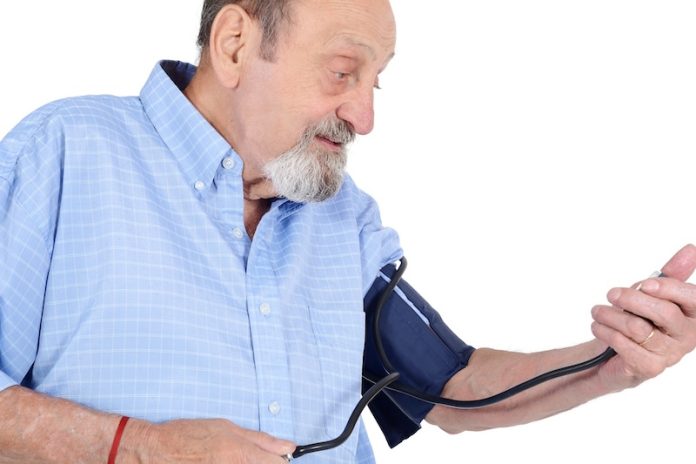
High blood pressure, or hypertension, is a common condition that increases the risk of heart disease, stroke, and kidney problems. Luckily, there are many medications available to help lower blood pressure.
But with so many options, how do doctors decide which one to prescribe first? Let’s explore the most common first-line antihypertensive drugs, how they work, and what research says about their effectiveness.
First-line medications are the ones doctors usually prescribe as the initial treatment for high blood pressure. These include four main types: thiazide diuretics, ACE inhibitors, calcium channel blockers, and angiotensin receptor blockers (ARBs).
Each works in a different way to lower blood pressure, and the choice often depends on the patient’s health conditions and how their body responds to the medication.
Thiazide diuretics are sometimes called “water pills” because they help your body get rid of extra salt and water through urine. This reduces the amount of fluid in your blood vessels, which lowers blood pressure. Diuretics are affordable and effective, making them a popular choice.
Large studies, such as the ALLHAT trial, have shown that thiazide diuretics work just as well as other blood pressure drugs in preventing heart attacks and strokes. However, they may cause side effects like frequent urination, low potassium levels, or dehydration.
ACE inhibitors are another common option. They work by relaxing blood vessels and reducing the amount of a hormone called angiotensin, which can make blood vessels tighten. Popular ACE inhibitors include lisinopril and enalapril.
These drugs are especially beneficial for people with diabetes or chronic kidney disease because they can protect the kidneys.
However, some people experience a dry cough as a side effect. For those who can’t tolerate ACE inhibitors, doctors often prescribe ARBs, which work similarly but are less likely to cause a cough.
Calcium channel blockers, like amlodipine and diltiazem, relax the muscles in the walls of blood vessels, making it easier for blood to flow. These drugs are particularly effective for older adults and people of African descent, who may not respond as well to ACE inhibitors or ARBs.
They can also help with other conditions like chest pain (angina). Side effects may include swelling in the ankles, dizziness, or a headache.
When choosing a first-line medication, doctors consider several factors, including age, ethnicity, and other health conditions. For example, research shows that calcium channel blockers and diuretics tend to work better for Black patients, while ACE inhibitors and ARBs are often preferred for younger patients or those with diabetes.
A major review of studies published in 2019 compared these four types of medications to determine which is best. The researchers found that all four were effective in lowering blood pressure and reducing the risk of heart attacks and strokes.
However, thiazide diuretics and calcium channel blockers slightly outperformed ACE inhibitors and ARBs in preventing certain complications. This doesn’t mean they’re better for everyone, but it highlights the importance of tailoring treatment to the individual.
Side effects and patient preferences also play a role in deciding on treatment. Some people may need to try more than one medication before finding the right fit. Others may need a combination of drugs to achieve their target blood pressure.
Fortunately, all these medications have been extensively studied and are proven to save lives by reducing the risks of heart disease and stroke.
In conclusion, there isn’t a one-size-fits-all answer when it comes to choosing the best antihypertensive drug. Each type has its strengths and potential side effects.
What’s most important is working with your doctor to find a treatment plan that works for you. By staying on the right medication and making healthy lifestyle choices, you can manage high blood pressure and protect your long-term health.
If you care about blood pressure, please read studies about blood pressure drug that may increase risk of sudden cardiac arrest, and these teas could help reduce high blood pressure.
For more information about health, please see recent studies about nutrient that could strongly lower high blood pressure, and results showing this novel antioxidant may help reverse blood vessels aging by 20 years.
Copyright © 2025 Knowridge Science Report. All rights reserved.



